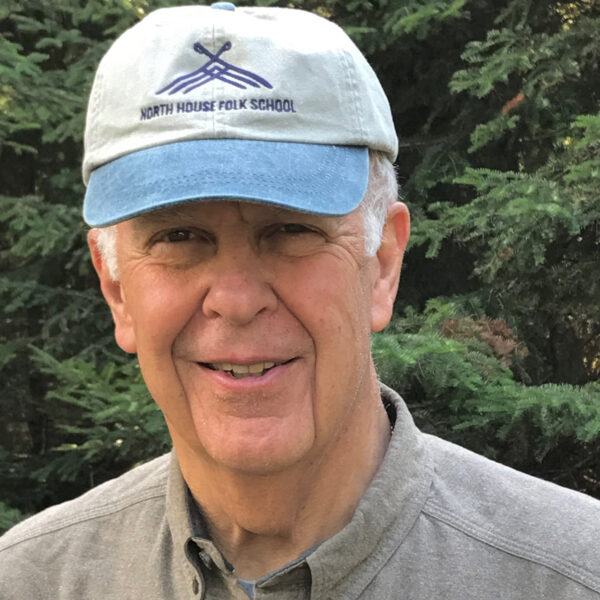Turning to Alternative Sources for the News
Joseph Campbell said,
“You must have a room, or a certain hour or so a day, where you don’t know what was in the newspapers that morning…a place where you can simply experience and bring forth what you are and what you might be.”
In an era when much of what passes for “the news” is cartoonish or sheer lunacy, Joseph Campbell raises a question worth asking: Where can I get news that is true and worth attending to?
When I ask that question, here are some of the answers I get: from nature, from children, from friends and neighbors, from people who know what it means to love, from poetry, and from within. Thomas Merton and the Dalai Lama are two of the people who remind me how much wisdom can come when we turn to “alternative sources” for the real news of our lives…
Update from the Author
I hope the readers and editors of this blog will forgive me for a way-too-long addition to this post — an excerpt from my book Healing the Heart of Democracy. It offers such a real-world and profound example of what I call “getting the news from within” that I could not resist!
“A story about Thomas Merton, Trappist monk and writer, provides a case in point. In 1944, Merton entered a Trappist monastery in the woods of Kentucky to live a walled-off life of radical solitude, silence, and prayer. He began to write books on the inner life, including Seeds of Contemplation, which was widely read and admired. Then, in 1964, he shocked his pious audience by publishing Seeds of Destruction, in which he predicted the spread of violent racial conflict in the United States several years before Martin Luther King Jr. was assassinated and the cities began to burn.
When Seeds of Destruction came out, with its prophecy of “the fire next time,” Merton was taken to task by Martin Marty, a well-known theologian and urban activist who reviewed the book. Marty said, in effect, “How dare this cloistered monk hiding out in the woods tell those of us on the front lines that the racial problems we are working hard to solve are going to blow up in our faces?”
Three years later, in 1967, as Merton’s prophecy came true, Marty wrote an open letter to Merton in the National Catholic Reporter, apologizing “for having put down” Seeds of Destruction. With most of the summer of 1967 past, he said, it is now evident “that you were correct. What bothers me now is the degree of accuracy in your predictions and prophecies in general. At the time [that I published my criticism] you seemed to be trying to be a white James Baldwin. Now it seems to me that you were ‘telling it as it is’ and maybe ‘as it will be.'”
The data that gave Merton his deep insight into the dynamics of race in the United States came not from radio and television reports or the buzz on the streets; he was far removed from all such sources. Instead, Merton read Scripture, social criticism, fiction, and poetry. He corresponded with trusted friends. He read the black poets and listened to African American music, especially jazz and blues. Most important, he explored his inner life as a privileged white male human being. Through contemplative practice, he went to an inner space where the media cannot take us, a space where truth has a chance to come clear.
What gave Merton his prophetic eye was the insight into the human condition that he found within himself — including an understanding of the way white privilege maintains itself by denying or diminishing the reality of oppression. This is a hard truth for a white person to hear under any circumstance. And yet it is easier to hear it in the ego-shattering silence and solitude of the monastery than amid the self-important static of the larger world where we too often depend on ego-energy to keep us going.
By listening with care to his own heart — and to the news contained in the poetic and musical voices of the oppressed — Merton saw that assurances of justice coming from white activists masked a deeper, unconscious struggle. He saw this more clearly than the activists did, blinded as we all can be by the ego investments that accompany our activism, by our insistence that we can accomplish whatever we set out to do. If we don’t know our own story well, in its darkness as well as its light, we cannot know the story of “the other” in its fullness. And if we cannot empathize imaginatively with other people’s stories, how much can we know about the real news of the world?”
